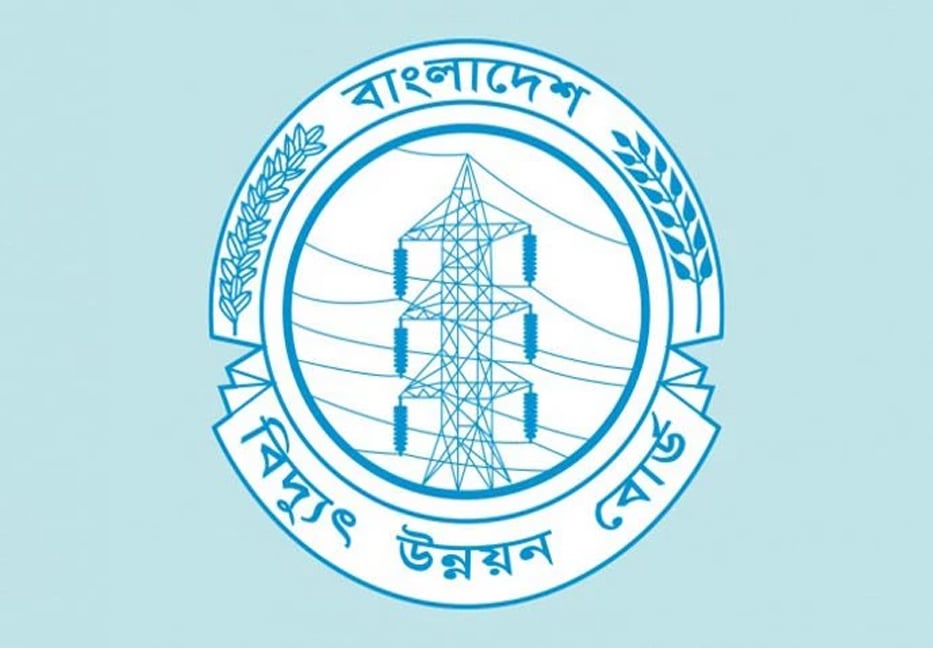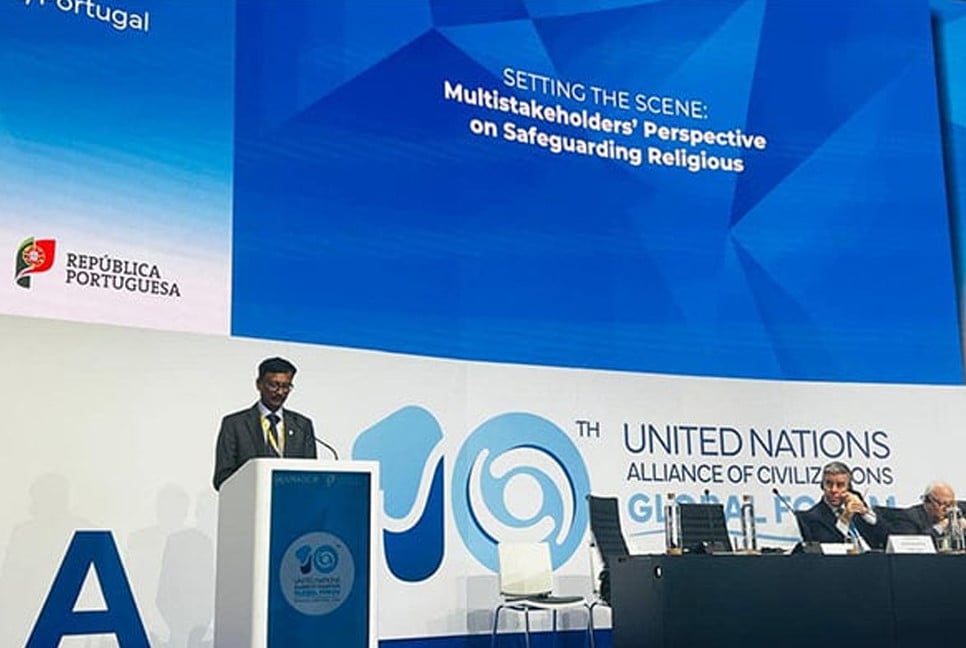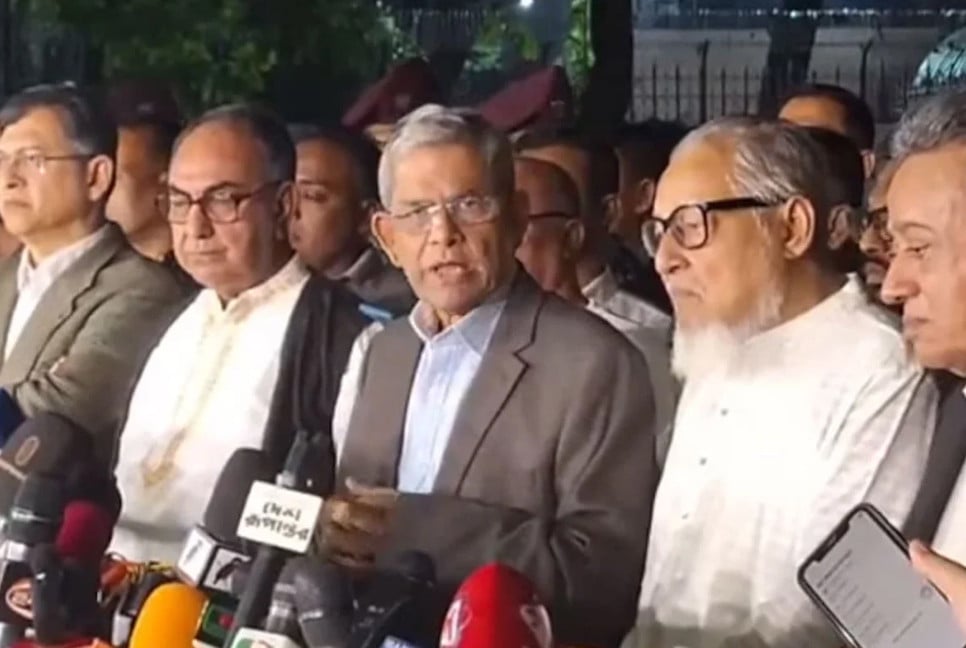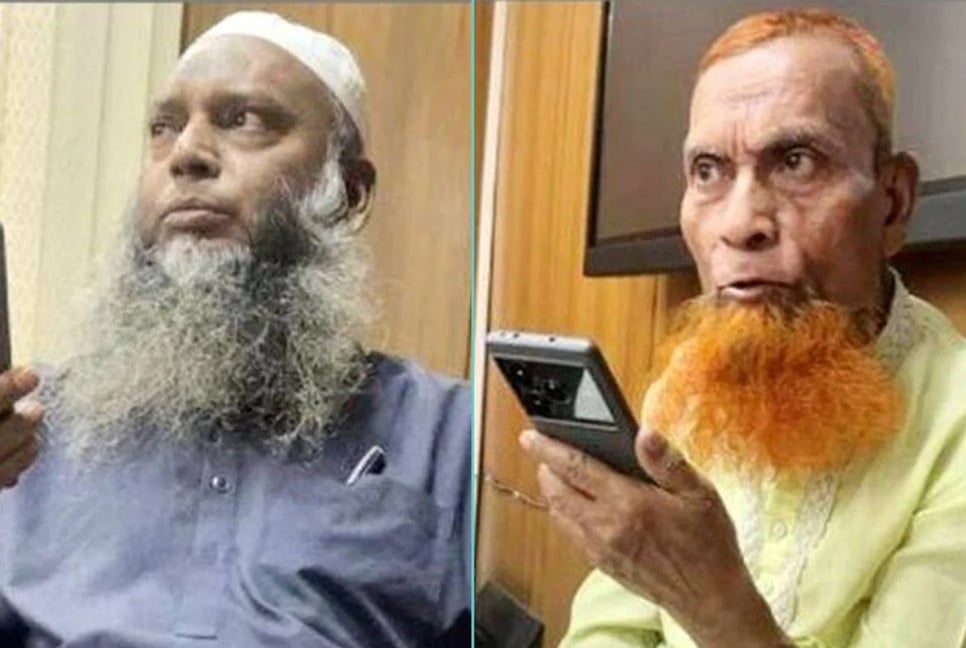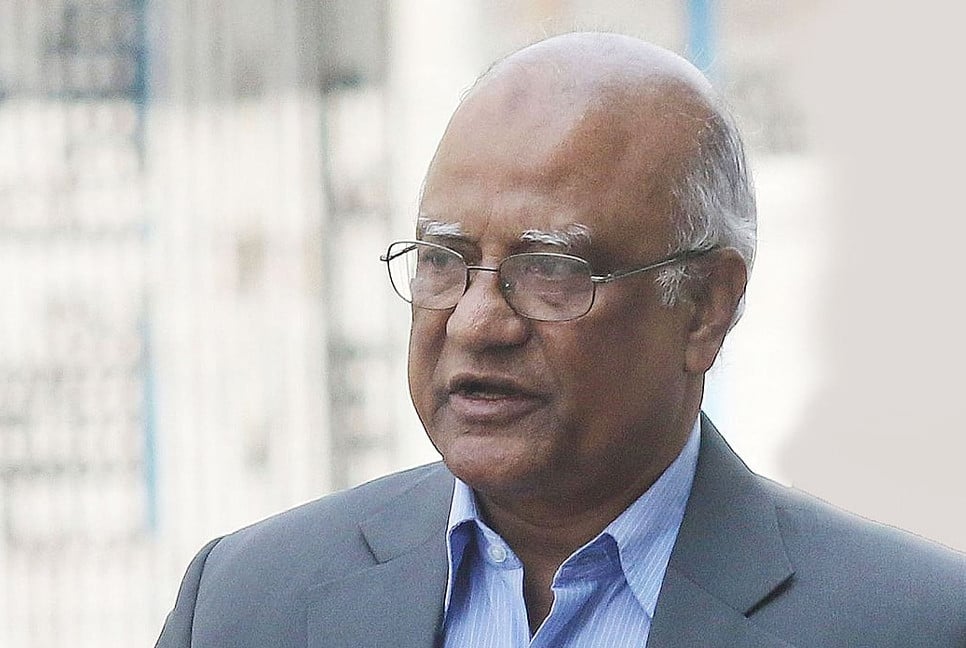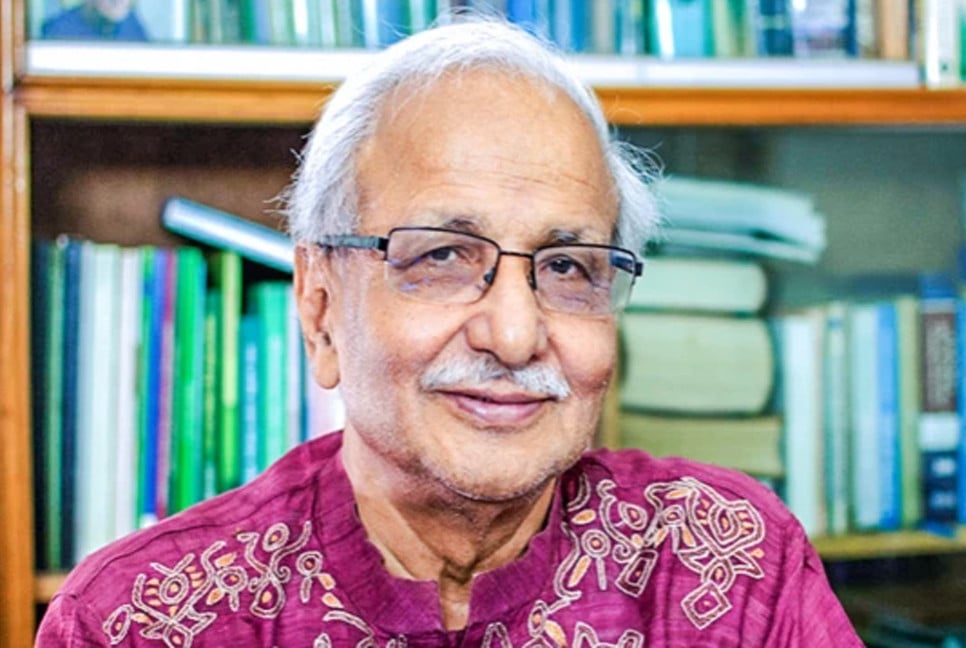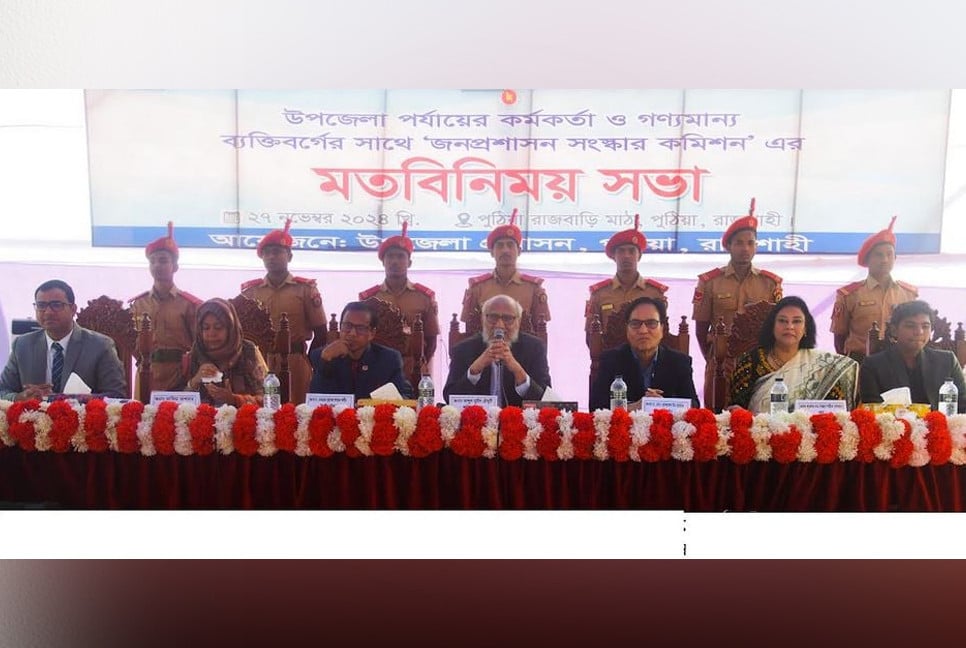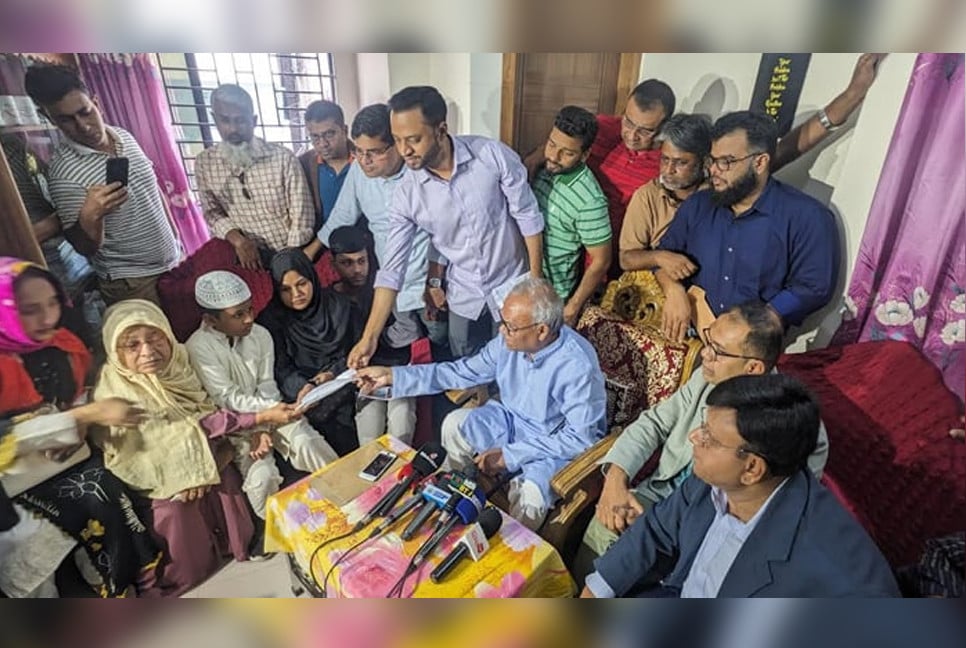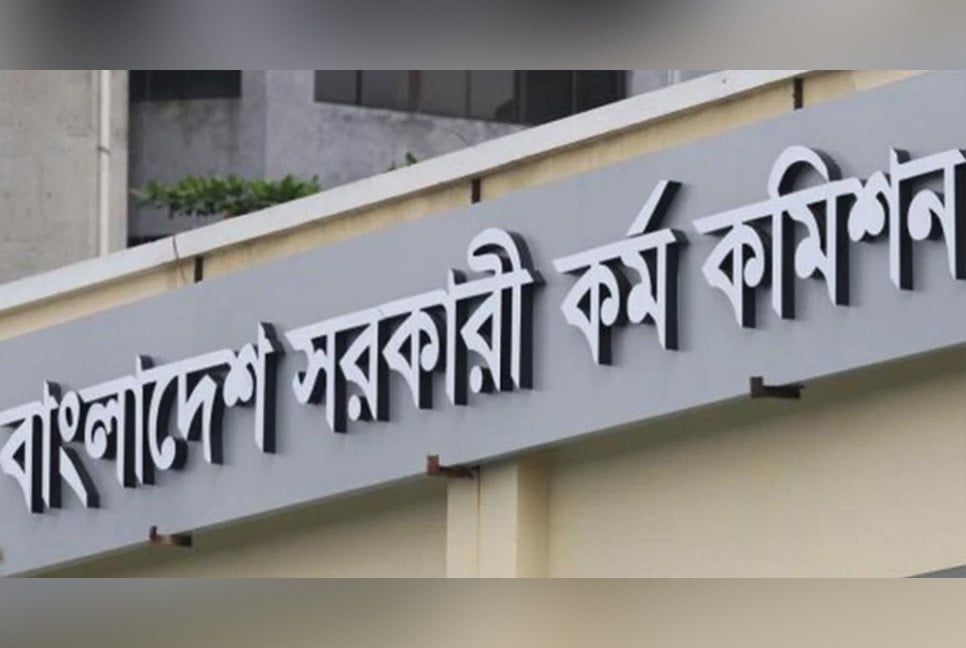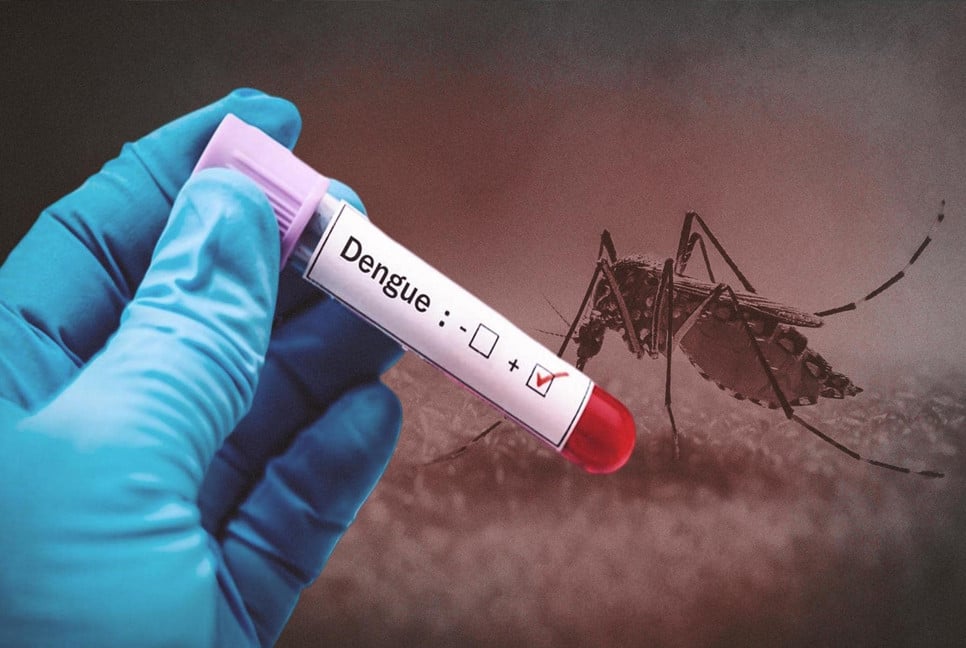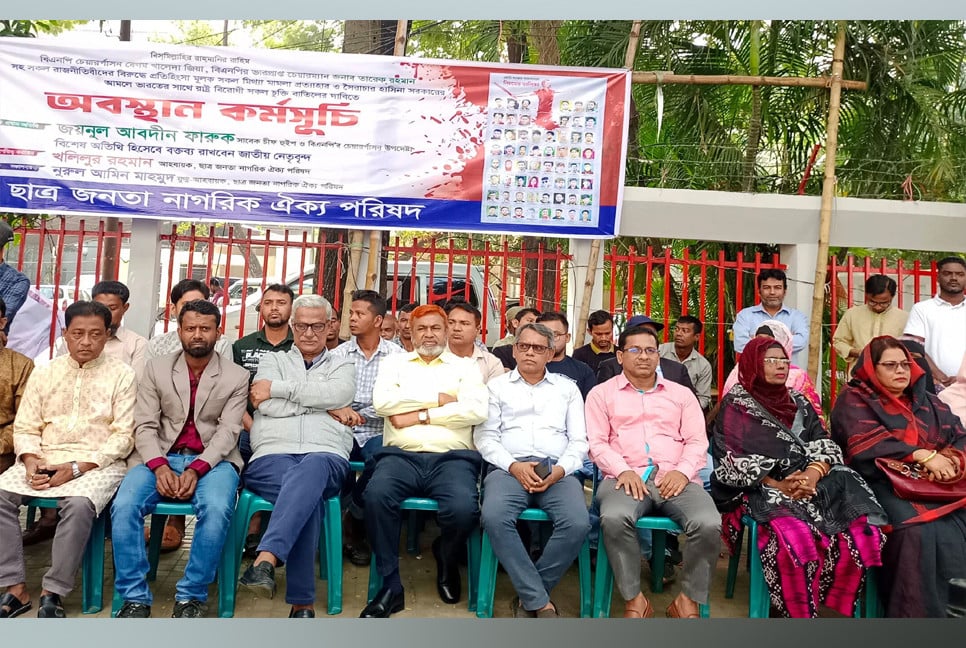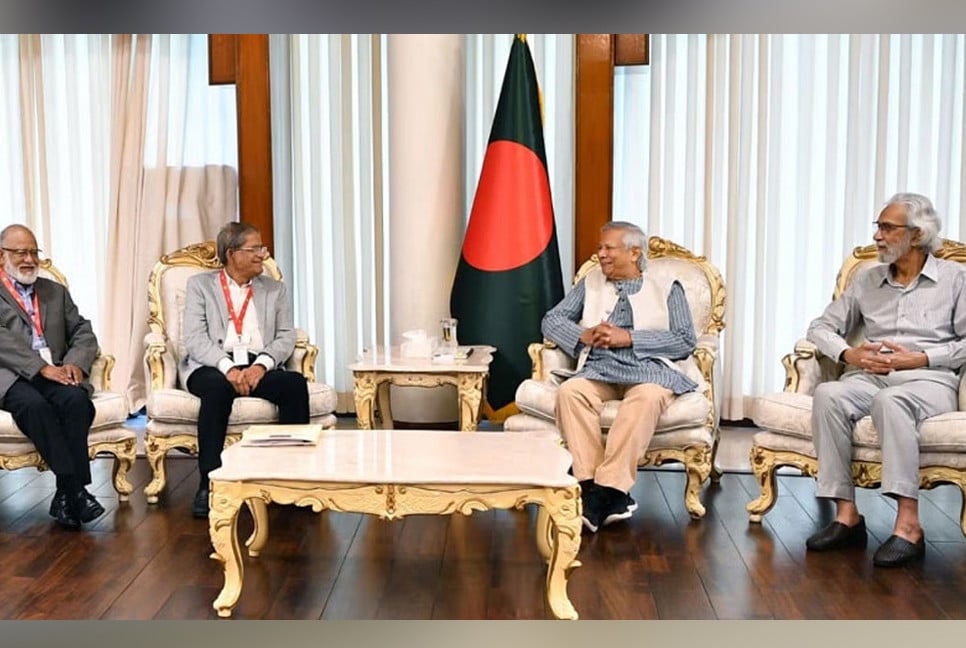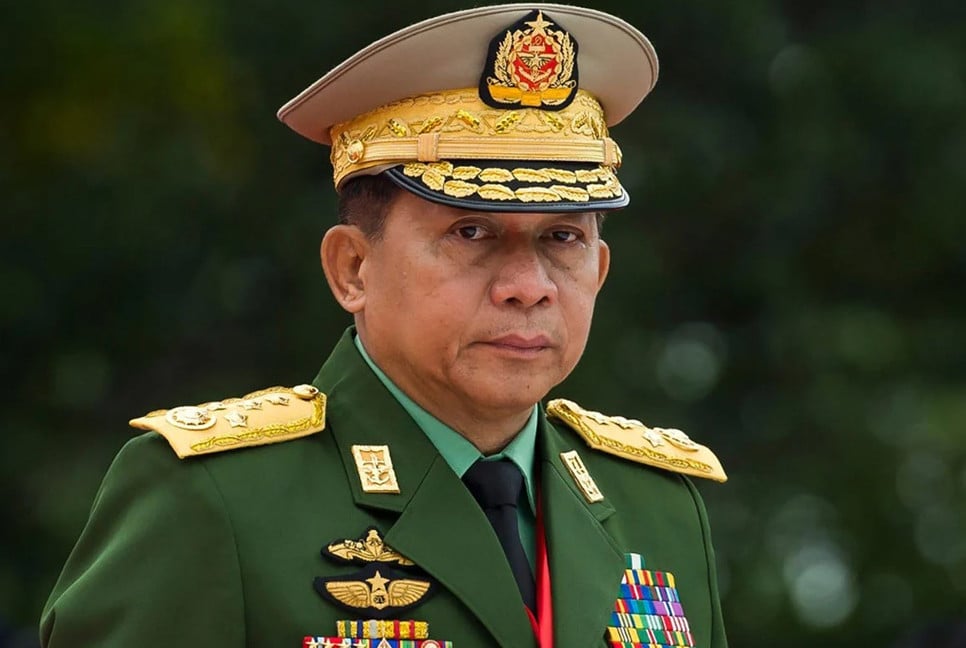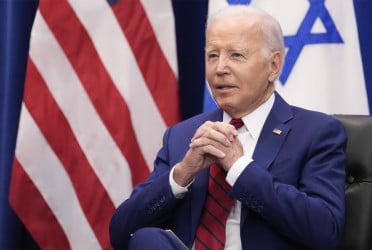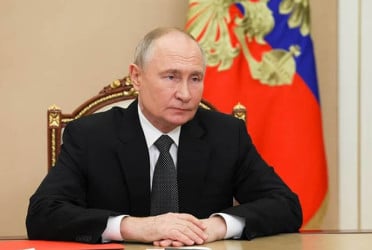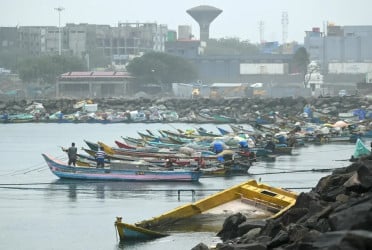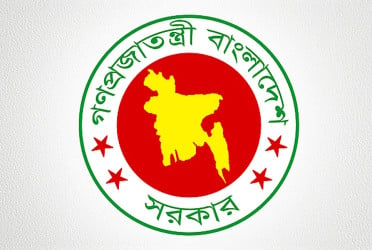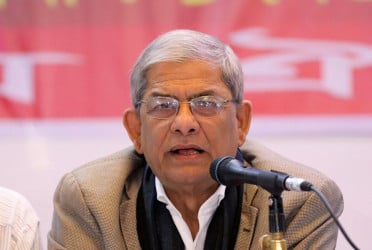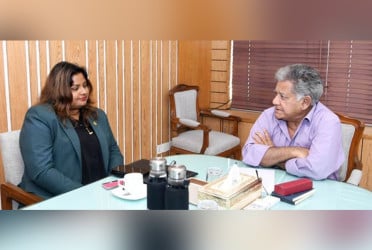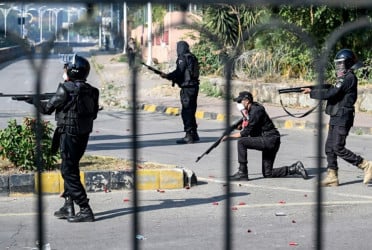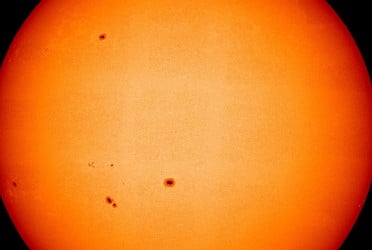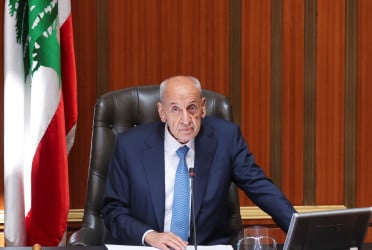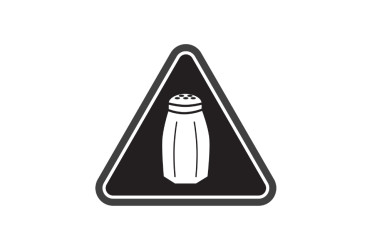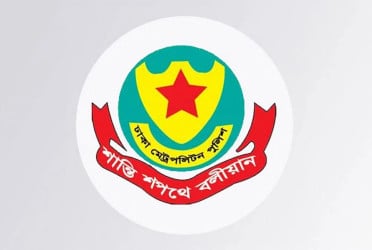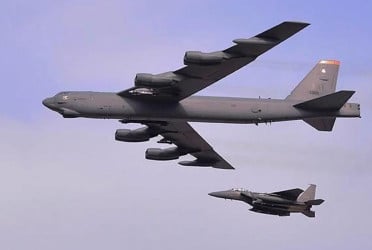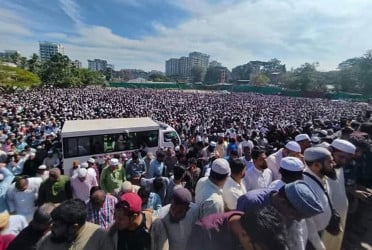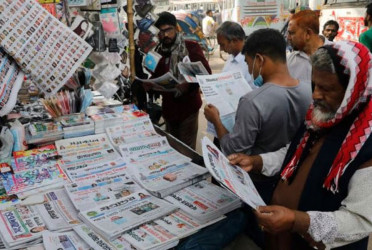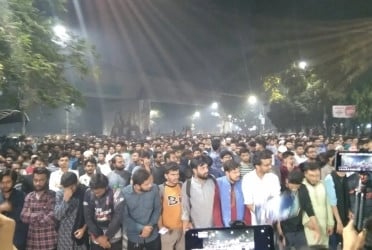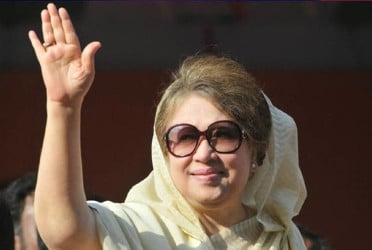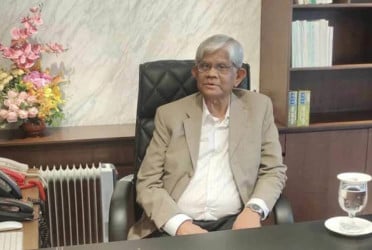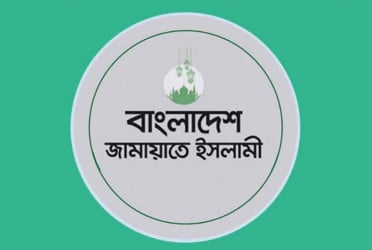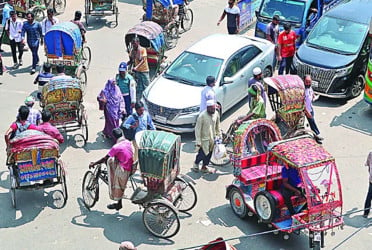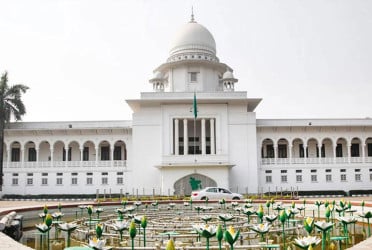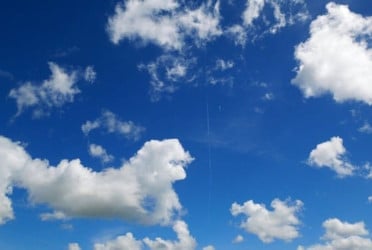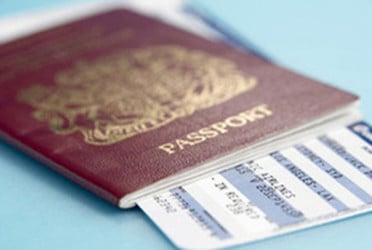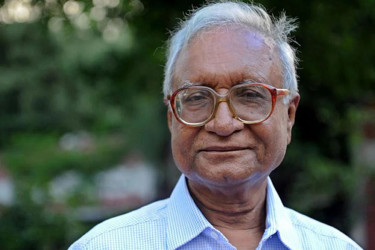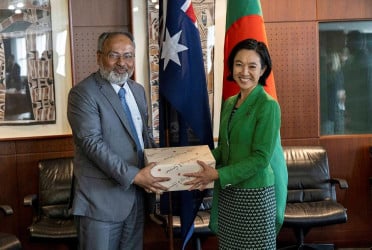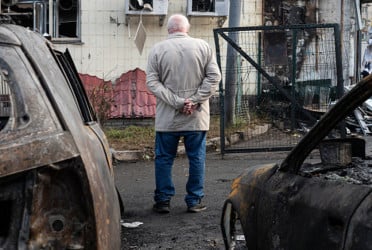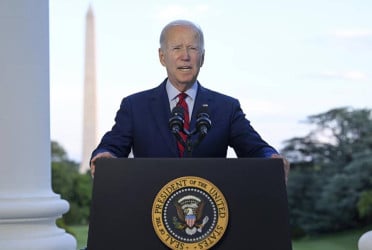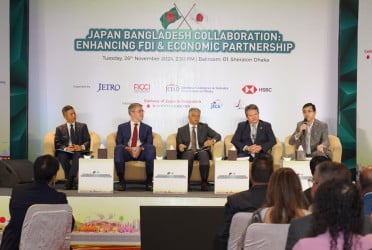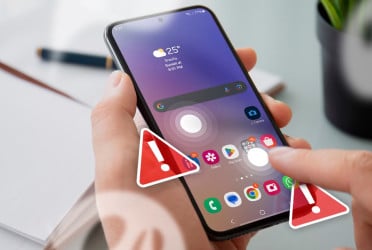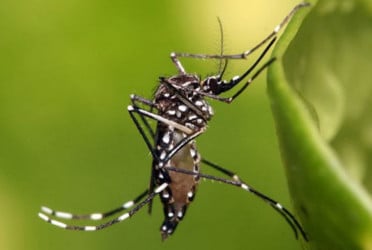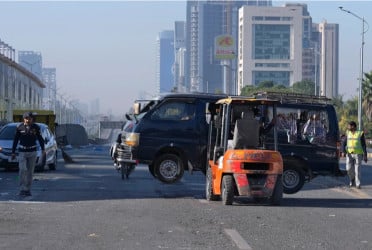Due to “excessive delay” in clearing their dues, State-owned Bangladesh Power Development Board (BPDB) could end up paying about Tk 6000 crore more to HFO-based independent power producers (IPPs), reports UNB.
According to official sources, the payments are being made at the request of Bangladesh Independent Power Producers Association (BIPPA), an organisation of the private power plant operators.
The BIPPA leaders said that as per the provision of the power purchase agreements signed with BPDB, the private power producers should receive the payment against purchase of electricity within 45 days.
“Our payments are getting delayed and remain pending for about 5 months,” said Imran Karim, former president of BIPPA and vice chairman of Confidence Group, one of the leading IPPs producing electricity for the national grid.
BIPPA leaders said that private power producers received the last payments against partial bills of October, 2022.
“Since November 2022, no payment has been received against the bills,” said another BIPPA leader.
About 55 percent of electricity in the country comes from IPPs, which the BPDB purchases under the power purchase agreement (PPA).
BPDB’s payment crisis deepened in the first half of last year and such dues stayed at Tk 20,000-25,000 crore for over a year.
The BIPPA leaders said that as per the provision of the power purchase agreements signed with BPDB, the private power producers should receive the payment against purchase of electricity within 45 days.
“Our payments are getting delayed and remain pending for about 5 months,” said Imran Karim, former president of BIPPA and vice chairman of Confidence Group, one of the leading IPPs producing electricity for the national grid.
To ease the crisis, the government raised electricity tariff a number of times in the last 5 months, but no significant improvement has been made in this regard because of the recent dollar crisis, said sources at the BPDB.
They said that most private banks are disinclined to open new letters of credit (LC) to import fuel or spare parts.
Banks are also charging interests against any default in the loan repayment, they said.
In such a situation, BIPPA initially wrote a number of letters to BPDB and the Power Division to clear their outstanding bills and facilitate the private power producers to import fuel, lube oil, spare parts and repay bank loans.
However, with no significant progress in this regard, BIPPA finally requested BPDB to suspend the counting of liquidity damage against the “excess outage by the private power producers” from May 2022.
This means – a top BPDB official explained – if the private power producers fail to operate their plants as per contract, BPDB will not claim any liquidity damage (LD) and the IPPs will get full payment without any deduction in the bills.
BIPPA leaders said that private power producers received the last payments against partial bills of October, 2022.
“Since November 2022, no payment has been received against the bills,” said another BIPPA leader.
About 55 percent of electricity in the country comes from IPPs, which the BPDB purchases under the power purchase agreement (PPA).
BPDB’s payment crisis deepened in the first half of last year and such dues stayed at Tk 20,000-25,000 crore for over a year.
As a result, BPDB will have to pay about Tk 3000 crore extra for six months of 2022 for losing the authority to deduct any amount from the capacity charges and bills despite any failure in the operation of the IPPs, he said.
An official document, seen by UNB, shows that entertaining the request, BPDB – in its board meeting on November 28, 2022 – decided to suspend “counting of LD against excess outage of the HFO-run power plants of the private operators from July, 2022 to December, 2022.”
As the suspension on counting liquidity damage has not been lifted yet, in the first six months of this year, BPDB will have to pay an additional Tk 3000 crore against the bills.
Bd-pratidin English/Lutful Hoque

